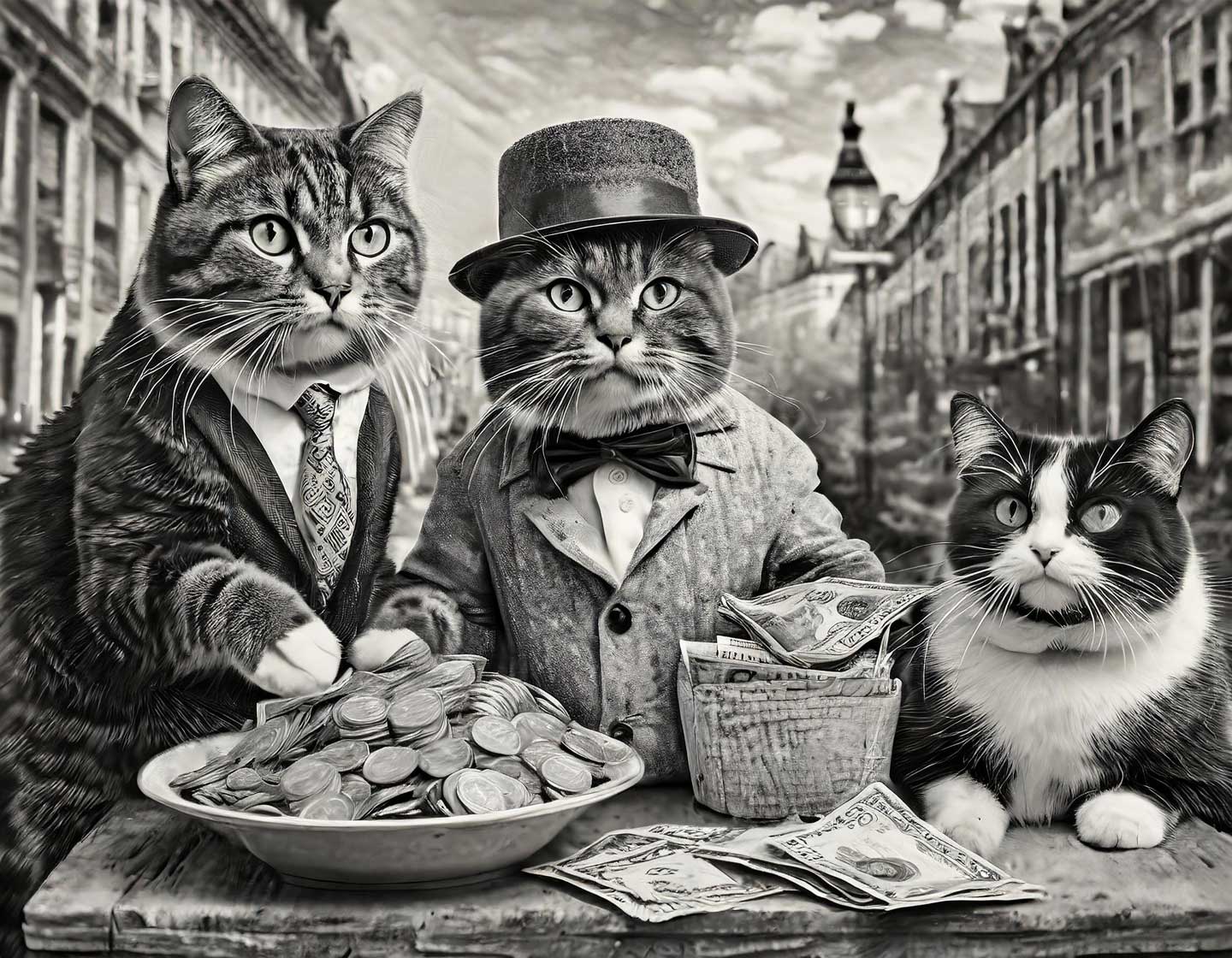
The term “fat cat” is colloquial and carries connotations of excess, opulence, and privilege.
Here are some key characteristics associated with a “fat cat”:
- Extreme Wealth: A “fat cat” is typically someone who possesses immense wealth, far beyond what is necessary for a comfortable lifestyle. They may have vast assets, including multiple properties, luxury vehicles, and substantial financial investments.
- Influence and Power: Due to their wealth, “fat cats” often wield significant influence and power in economic, political, and social spheres. They may have the ability to shape policies, influence markets, or sway public opinion through their financial resources and connections.
- Luxurious Lifestyle: “Fat cats” often indulge in lavish lifestyles characterized by extravagant spending on luxury goods, exclusive experiences, and high-end services. They may frequent elite social circles and enjoy privileges that are out of reach for the average person.
- Minimal Financial Constraints: Unlike the majority of people who must budget and save carefully, “fat cats” have few financial constraints. They can afford to take risks, make large purchases on impulse, and maintain a lifestyle of abundance without worrying about financial repercussions.
- Potential for Controversy: The wealth and influence of “fat cats” can sometimes lead to controversy or criticism, particularly when their actions are perceived as exploitative, unethical, or contributing to societal inequalities.
Overall, the term “fat cat” encapsulates the idea of extreme wealth concentration and the accompanying lifestyle, power, and influence that often accompany it in a capitalist society.